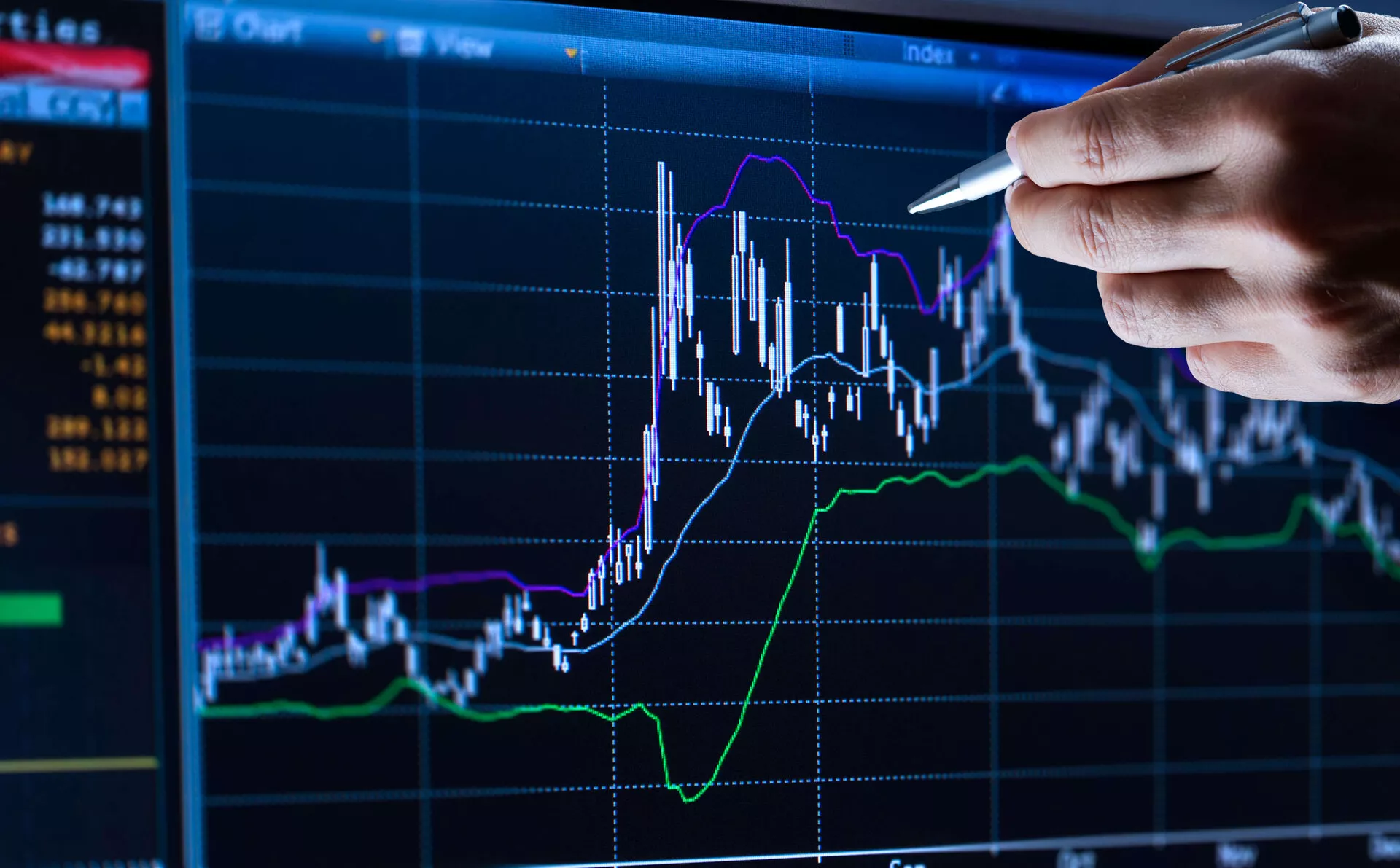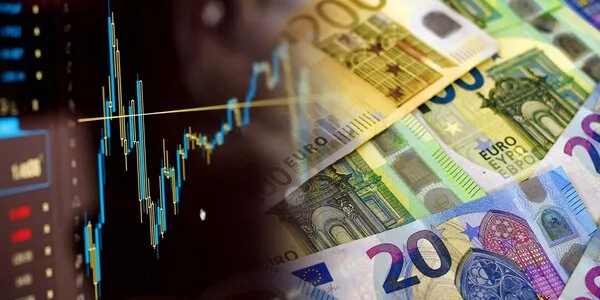
Weekly Update - Better weather on European natural gas
Gas and electricity prices are falling sharply.
During the summer, the effective cuts in the supply of Russian gas to Europe had strongly tightened the prices of natural gas but also of electricity which rely largely on natural gas prices. Gas prices doubled this summer compared to the levels of the first months of the year (cf. graph 1), which were already nearly four times higher than during the pre-Covid period. In recent days, tensions seem to have eased sharply and prices are returning to last spring’s levels. Lower effective dynamic demand and higher inventories levels are the main drivers of the decline in European natural gas prices.
This easing reflects significant progress made by European countries in the face of the energy crisis.
The European States have launched different actions in order to address the Russian gas restrictions: encouraging energy savings, diversifying their sources of gas supply and promoting the use of other energy sources. While it is still too early to assess these policies, the current easing of gas markets is a first positive signal. First, European countries have succeeded in limiting gas consumption in line with the targets set by governments. Second, the particularly mild temperatures of early autumn on the continent helped to delay the increase in winter natural gas consumption, while at the same time countries continued their efforts to build reserves. Finally, the proactive actions taken by the various countries and the very high prices of gas have made it possible to attract alternative sources of gas supply, notably with liquefied gas (LNG), especially from Norway and the United States. Thus, the high level of gas stock today (at more than 90% capacity, cf. graph 2) is reassuring for the ability of economies to hold the winter without massive break.
This will be beneficial to economies.
New policy actions are still needed to ensure the capacity of European countries to ensure a sustainable response to the energy crisis, but the current easing will be favourable in the short term. It will help to limit inflation pressures in the coming months while reducing the risk that shortages will lead to too much economic activity.
Finally, in the main events of the week, we chose to talk about the political situation in the UK and about the national congress of the Chinese Communist Party.





